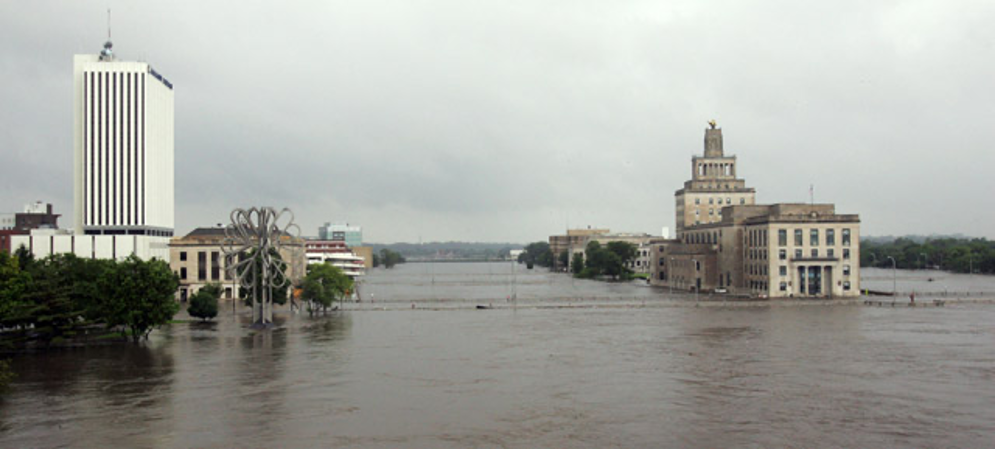EHSRC Disaster Response Protocol for Rapid Human Subjects Research Engagement

Following recent natural and man-made disasters, the importance of incorporating health-related scientific investigations into environmental disaster responses has become widely recognized. The far-reaching environmental health impacts of numerous hurricanes, oil spills, wildfires and earthquakes, all underscore the need for research to illuminate the short and long-term impacts of disaster.
Such events generate exposures within communities that can be detrimental to human health, and as a consequence, provide unique, time-sensitive opportunities for learning about how these exposures might affect the people living in their vicinity. The difficulty of obtaining IRB approvals in a timely manner can be insurmountable, resulting in missed scientific opportunities. These delays in research are harmful not only because they hold up the discovery of new findings but because they result in the loss of perishable data that is difficult to reconstruct months or years after the event.
The EHSRC has established an active umbrella approval for rapid response research in the event of an environmental disaster, such as a flood, fire, or chemical spill. The Environmental Health Sciences Research Center at the University of Iowa has identified disaster response as one of its goals. This center is primarily focused on air and water quality and environmental exposures affecting human health. Because of this focus, we have tailored an IRB approval, questionnaires and consent documents in a generic fashion to address environmental exposure research.
In the event of an environmental disaster, such as the Iowa Flood of 2008 or the Iowa City Landfill fire of 2013 or a train derailment like that of 2014 and 2021, we would submit a modification to this umbrella approval in the form of an abstract detailing the environmental event, the toxins to be studied, and a specific research plan.
EHSRC investigators or others within the University of Iowa who are pursuing disaster research may request access to this IRB protocol at the time of an environmental disaster event, when their work requires immediate human subjects engagement.